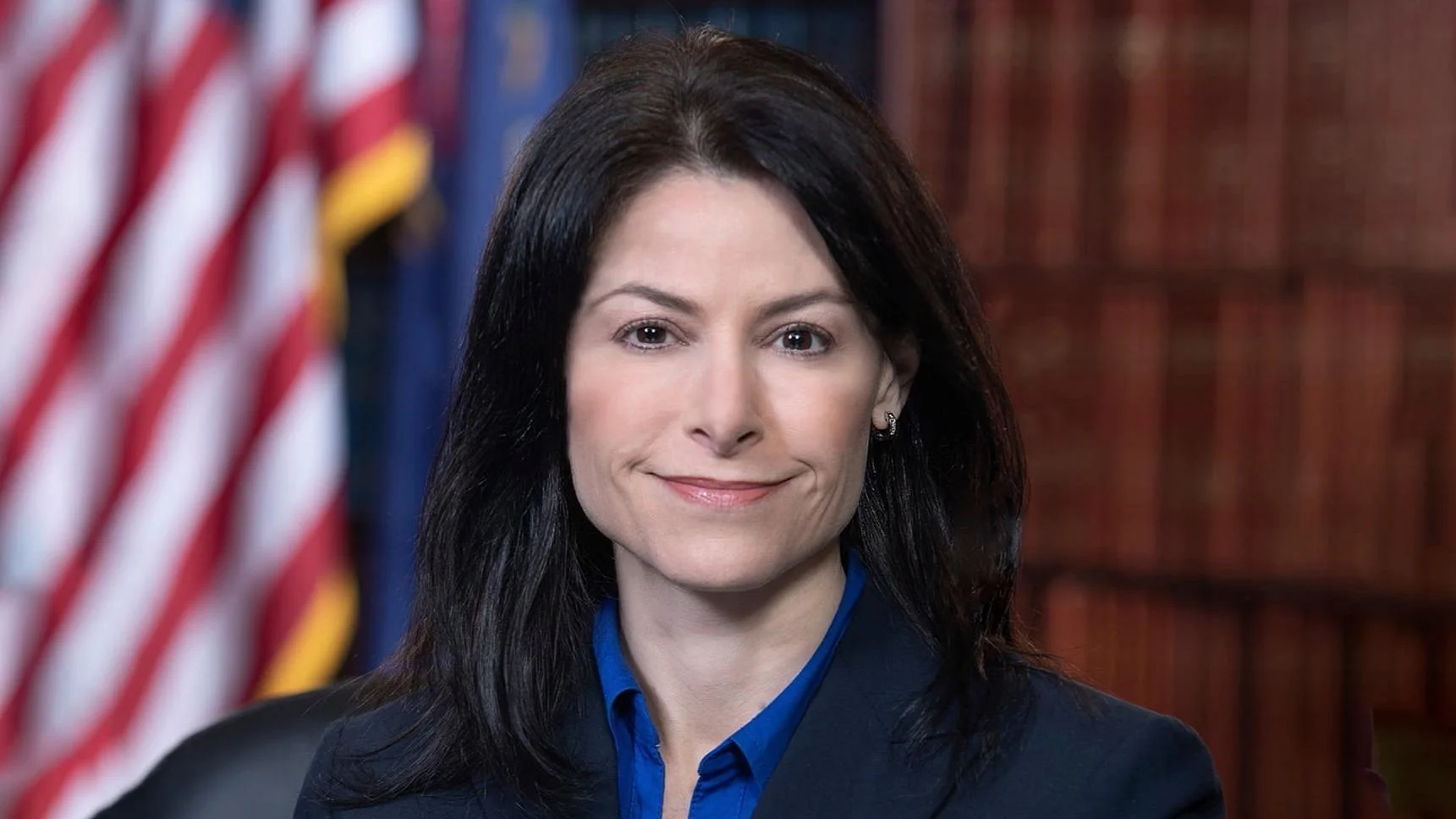Dana Nessel, Attorney General of Michigan | www.facebook.com
Dana Nessel, Attorney General of Michigan | www.facebook.com
After joining a coalition of states in a lawsuit against the U.S. Department of Justice (DOJ), Michigan Attorney General Dana Nessel announced that the DOJ has decided not to move forward with plans to impose new conditions on nearly $1.4 billion in Victims of Crime Act (VOCA) grants. The proposed requirements would have linked access to VOCA funds, which support crime victims and survivors, to compliance with federal immigration enforcement priorities.
Nessel commented on the development, stating, "As Michigan’s Attorney General, one of my main responsibilities is to protect crime victims and fight for their justice. The Trump Administration’s attempt to place unlawful conditions on critical VOCA funding threatened to deny survivors the support they need to heal and rebuild their lives. Those conditions would have also required that victims’ detailed personal information be shared with the federal government when demanded — a blatant invasion of privacy that would have been used to target victims themselves rather than their abusers. I am relieved this effort has been abandoned."
Michigan receives between $27 million and $43 million annually from VOCA grants, which are distributed among about 115 organizations across the state that serve victims of various crimes including child abuse, domestic violence, sexual assault, elder abuse, and human trafficking. These organizations provide services such as emergency shelter, medical expenses coverage, legal assistance for victims, and trauma recovery programs.
VOCA was established in 1984 under President Ronald Reagan as a way for states to deliver essential services and resources to crime victims and witnesses through grant programs. Each year these funds help nearly 9 million crime victims nationwide and cover more than 200,000 compensation claims. Congress determines most VOCA distributions based on fixed formulas and has acted multiple times since its inception—including after major events like the September 11 attacks—to ensure adequate funding continues.
The Trump Administration had previously directed that states must assist federal authorities with civil immigration enforcement efforts in order to receive VOCA funds—a responsibility typically reserved for federal agencies rather than state governments.
Following legal action by Nessel and other attorneys general, the DOJ dropped its plan affecting both $178 million in VOCA Victim Assistance Grants and $1.2 billion in Victim Compensation grants. As a result, these funds will continue being provided without any additional immigration-related requirements.
In addition to this outcome, Attorney General Nessel recently joined another multistate lawsuit challenging new DOJ restrictions barring states from using certain federal grant funds—including those from VOCA—to provide legal services for undocumented immigrants or individuals unable to prove their status. The coalition argues that this policy violates constitutional rights as well as existing administrative procedures.
Nessel stated: "Telling crime victims that they don’t deserve legal help or access to a lawyer or protection because of their immigration status is cruel and dangerous. It is not only inhumane – it makes all of us less safe by silencing victims and shielding abusers from accountability. While the Trump Administration may turn its back on vulnerable survivors, my office will stand up for those in need and the safety of Michiganders."
According to Nessel and her counterparts, these new restrictions could disrupt victim service programs by cutting off key resources or discouraging survivors from seeking help due to fears over immigration status screening—a process many providers are unequipped or unable to implement effectively. The coalition has requested a preliminary injunction while litigation proceeds.






 Alerts Sign-up
Alerts Sign-up